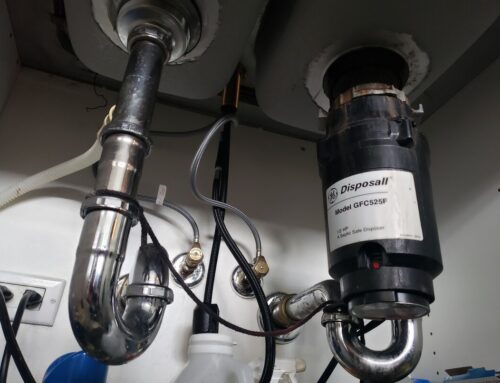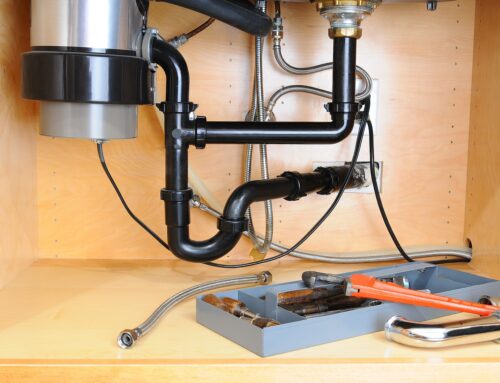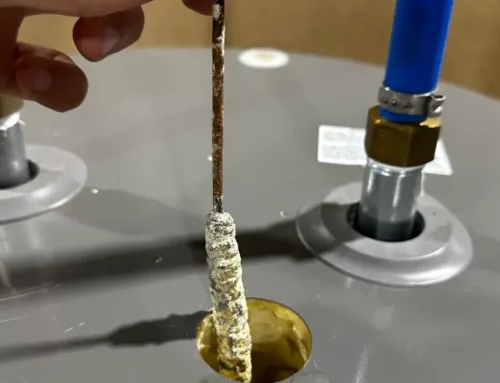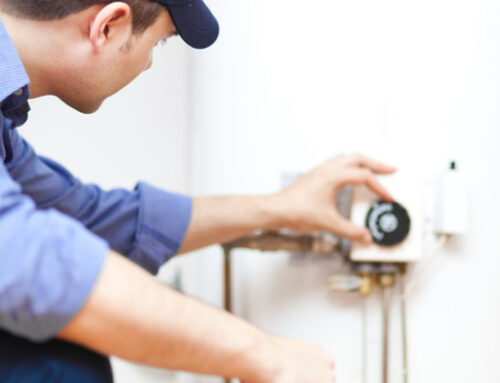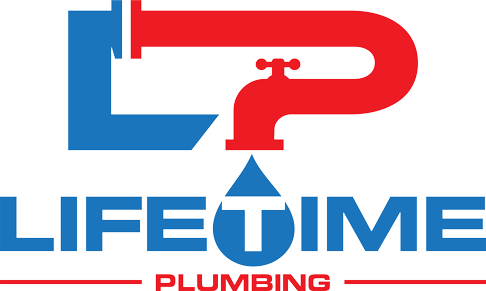Table of Contents
Common Sewer Backup Causes & Quick Fixes
Sewer backups may be inconvenient, causing damage to your home and creating unclean conditions. It’s critical to understand the common causes of sewer backups and the easy repairs you may employ to avoid future problems.
Common sewer backup causes
Clogged Drains
One of the most common causes of a sewer back up are the clogged drains. The reason might be a buildup of oil, hair, food particles, or foreign items in your pipes. In order to get this solved you can use a plunger or a drain snake to remove the blockage. Here are more details on how to use a drain snake. If the problem persists, you may need to contact a professional plumber.
Tree Roots
Tree roots are known to infiltrate sewer pipes and cause clogs. As tree roots develop, they can shatter or penetrate pipes, causing backups. If you suspect that the cause are the tree roots, get a professional plumber who will use specialized equipment to clean the roots and repair any damaged pipes.
Find out more about how you can get rid of the roots in your sewer line.
Sewer Line Damage
Corrosion, age, and soil moving are the main factors that can get the sewer pipes deteriorated. When this happens, leaks and obstructions might appear in your system. If your plumbing fixtures emit bad aromas, have sluggish drains, or make gurgling noises, you may have damaged sewer lines. It is advised that you contact a professional plumber for a full inspection and repair.
Heavy Rainfall
Excess water might overwhelm the sewer system, causing blockages. While you cannot control this reason, you may take precautions such as installing a backwater valve or a sump pump to reduce the chance of backups during severe rainstorms.
Related: sewer lines during heavy rainfall.
Flushing Non-Flushable Items
Flush non-biodegradable materials down the toilet is a very common mistake. This mistake is the cause of many sewer blockages. Baby wipes, sanitary items, and paper towels should never be flushed since they do not break down readily and might clog your sewer system. You can solve this problem by throwing these goods in the garbage.
Related: the best toilet paper for your septic tank.
These fast solutions can help for sure, but it is always good to contact a professional plumber if the problem is still there. A plumber will check the problem and he will give you a long term solution.
What You Should do if You Have a Sewer Backup
1. Ensure your safety
Sewer backups may include hazardous bacteria and other toxins. Wear gloves, boots, and a face mask before accessing the impacted area.
2. Get in touch with a professional plumber
Find a qualified plumber who has good experience in solving sewer problems. They will be able to check the problem, they will determine the root cause of the backup, and offer professional advice on how to continue.
3. Turn off the water supply
You need to find the main water shut off valve and turn it off. Like this, you will prevent more water flow in your house.
4. Document the damage
To document the damage, you will need to make a photo / video to the damaged locations for insurance purposes. This data will be useful when making a claim to pay repair or restoration costs.
5. Contact your insurance company
Contact your insurance company as soon as you can and inform them about the sewer backup. They will walk you through the claims procedure and explain the coverage for sewer blockages.
6. Clean and disinfect
After the backup has been removed, you need to clean and disinfect any affected surfaces using the cleaning chemicals advised by your plumber or local health agency. Proper cleanliness is critical in avoiding extra health hazards.
7. Dispose of damaged things
Throw away any objects that have been polluted beyond repair, such as carpets, furniture, or other porous materials that cannot be completely cleaned.
8. Implement preventative measures
Talk to your plumber about installing backwater valves or other steps to reduce the chance of future sewer backups.
Remember, dealing with a sewer backlog can be intimidating, but by taking these measures and finding expert help, you can efficiently manage the issue and return to normality in your house or company.
Sewer backup causes – conclusion
Call Lifetime Plumbing for professional plumbing services. If you’re looking to hire a professional plumber in Chicago, our team is here for you. Our service area includes Northshore, Northside Chicago and surrounding areas.
With our highly trained and experienced plumbing team, state-of-the-art equipment and commitment to quality service, we are confident we can provide you with the sewer line repair or replacement you need to keep your property running smoothly.

